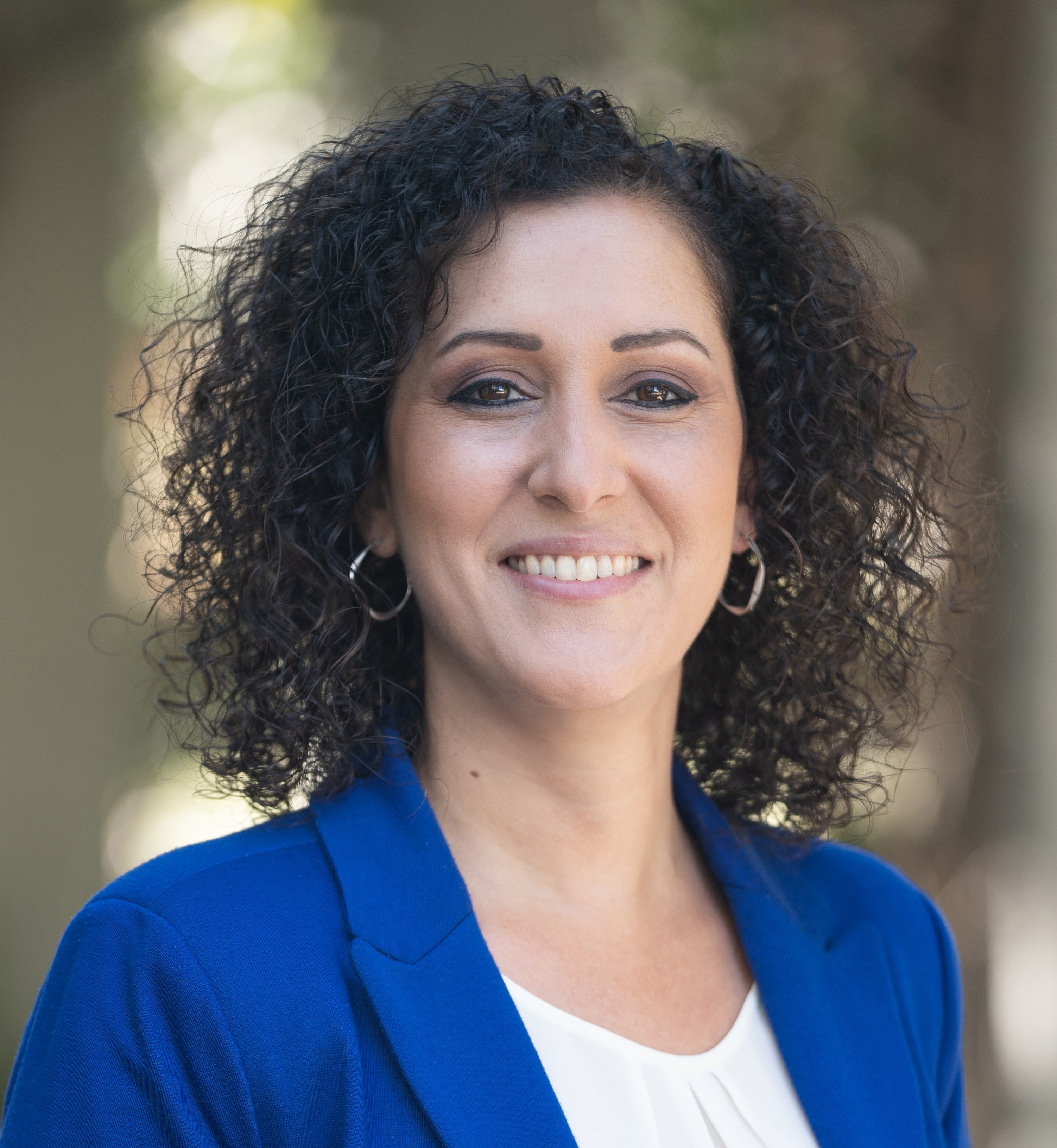Selma Masri, Ph.D.
Selma Masri, Ph.D.
Assistant Professor
Biography
Selma Masri obtained her Ph.D. at the Beckman Research Institute of the City of Hope working on endocrine therapy resistance in breast cancer. For her postdoctoral training, she joined the laboratory of Dr. Paolo Sassone-Corsi to elucidate fundamental mechanisms related to circadian biology, epigenetics, and metabolism (Masri et al., Cell, 2014), as well as mechanisms of circadian clock disruption linked with cancer metabolism (Masri et al., Cell, 2016). In 2017, Dr. Masri joined the Department of Biological Chemistry as tenure-track faculty at the University of California, Irvine. Research interests in the Masri laboratory are aimed at understanding the relationship between disruption of circadian rhythms and tumorigenesis in genetically engineered mouse models of cancer. Dr. Masri has received several awards in recognition of her work, including a K22 Career Development Award through NIH/NCI, the V Foundation Scholar Award, the Outstanding Early-Career Faculty Research Award (School of Medicine, UC Irvine), the Johnson and Johnson Women in Stem Scholar (Science category), and the Junior Faculty Research Award through the Society for Research on Biological Rhythms (SRBR).
Research in Lay Terms
The circadian clock is our internal biological pacemaker that governs numerous physiological processes. Research in the Masri lab is primarily focused on how disruption of the circadian clock is involved in the development of certain cancer types. We are exposed to several environmental factors that influence our biological clock, including extended light exposure, changes in sleep/wake cycles and altered feeding behavior in our developed society. Strikingly, we have seen an alarming increase in several young-onset cancers, including colorectal cancer. The underlying cause of this increased incidence of cancer in adults in their 20s and 30s remained undefined, however, we believe that disruption of the circadian clock plays a major role. The Masri lab is defining how the circadian clock influences key pathways that control cell growth, metabolism, and stemness that control tumor initiation and progression.
Research Focus
The Masri lab utilizes stem cell-based models from the intestine to study how the circadian clock impinges on tumorigenesis. Using these intestinal organoid models from mice as well as patient-derived tissues, we are able to dissect the precise cues that the circadian clock controls in the intestinal stem cell niche to regulate tumor growth.
Research Details
The Masri lab is aimed at understanding how disruption of circadian rhythms results in tumor initiation and progression. The circadian clock is our biological pacemaker that governs endocrine, metabolic, and behavioral rhythms within a 24-hour period, and disruptions of these biological rhythms results in detrimental diseases including cancer. The Masri lab is defining the molecular mechanism of how genetic and environmental disruption of the circadian clock alters tumorigenesis, a question that is particularly relevant to early-onset cancers. We are interested in how the circadian clock regulates intestinal stem cell survival, proliferation, metabolism, and properties that govern the Epithelial to Mesenchymal transition (EMT). These research questions are being addressed using a novel genetically engineered mouse model (GEMM) of colorectal cancer (developed by the Masri lab) and intestinal organoid cultures where we defined how clock disruption regulates Wnt/b-Catenin signaling (Chun, Fortin, Fellows et al.). The broader impact of this work extends beyond colorectal cancer, to other Wnt-dependent tissues, to define how the circadian clock modulates key signaling pathways that have critical implications in stem cell biology and tissue development.
Additionally, my laboratory is interested in elucidating the systemic crosstalk between tumors and peripheral tissues and how cancer cells can rewire circadian metabolism at a distance. We are defining how tumors communicate with distal peripheral tissues by mapping tumor-dependent metabolites and identifying their role in reprogramming host metabolism. The ultimate goal of these studies is to define how tumors can hijack the metabolism of distal tissues to satisfy their own heightened metabolic demand. We have previously identified that mice harboring a lung adenocarcinoma exhibit robust changes in lipid metabolism and insulin/glucose signaling in the liver, resulting in activation of hepatic glucose production through gluconeogenesis (Masri et al., Cell, 2016). Our findings illustrate a novel tumor-dependent rewiring of circadian hepatic metabolism that results in increased glucose production to further fuel tumor growth (Verlande et al., Science Advances, 2021). The Masri lab is currently performing whole body stable isotope analysis coupled with mass spectrometry to identify the metabolic fate of several metabolites, including alternative carbohydrate and non-carbohydrate sources that can fuel cancer cell survival. The broader impact of our work lies in outlining novel strategies for cancer prevention and therapeutics which target the circadian clock.
PubMed Link
http://www.ncbi.nlm.nih.gov/pubmed?term=Masri%2C+Selma[author]&cmd=detailssearch
Related Links
Lab website: https://masrilaboratory.com/

Email: smasri@uci.edu
Phone: (949) 824-3855
Department Affiliations:
Biological Chemistry